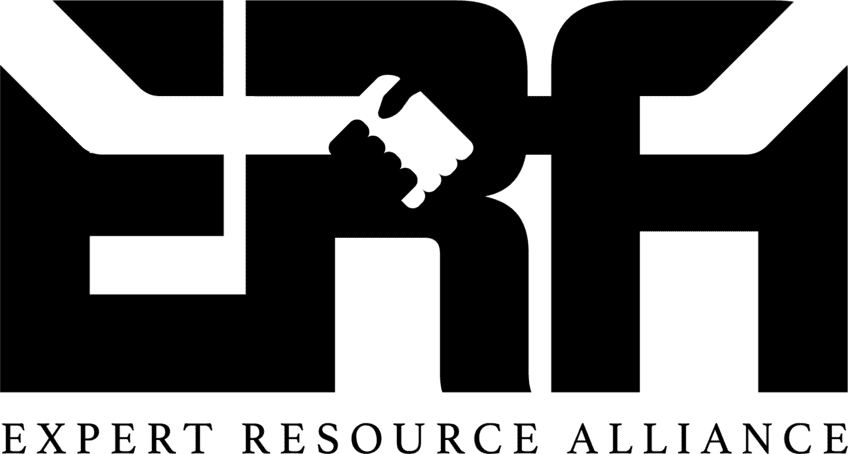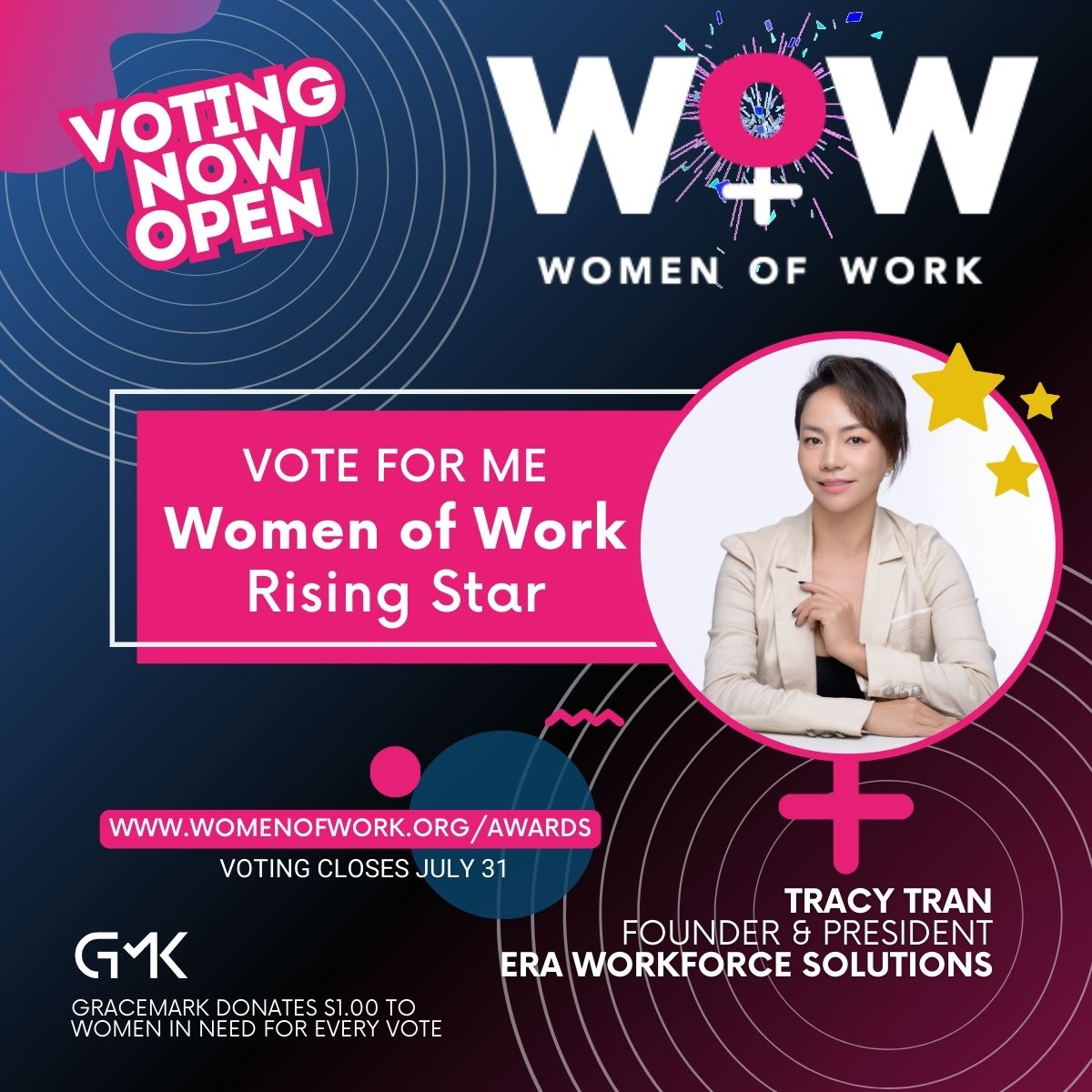As companies expand globally, many use Employer of Record (EOR) services to make business operations smoother. An EOR acts like the official employer, dealing with compliance, employer of record payroll services, and HR tasks in other countries. This article will explore five employer of record benefits with expert insights to help companies understand why this approach is great for managing an international workforce.
What Is an Employer Of Record (EOR)?
An Employer of Record (EOR) meaning is a streamlined avenue that enables you to legally and efficiently bring your ideal hires on board, no matter their location. Utilizing a global EOR provider ensures your new team members integrate seamlessly into your business operations.
An Employer of Record (EOR) is a third party that becomes the official employer for a group of workers. Companies use EORs to simplify hiring in new locations without establishing a legal entity.
The EOR is legally responsible for payroll processing, tax withholding, benefits administration, and compliance with employment laws. Through it, EOR enables the company to access a flexible workforce without complex legal requirements.
Responsibilities of an EOR

Employer of Record (EOR) organizations undertake the following pivotal responsibilities:
- Serve as a Proxy Employer: Act as a representative entity registered as a legitimate employer in the region, overseeing payroll processes.
- Ensure Legal Compliance: Ensure compliance with local labor and tax rules, including making valid employer of record contracts and agreements.
- Handle Tax and Insurance Documentation: Fill out tax and insurance paperwork for the employer,, and other necessary documents.
- Manage Visa and Work Permits: Facilitate the preparation of visa-related documents and work permits, especially when relocating international employees becomes necessary.
- Provide Consulting Services: Provide consultative support to the business, also offering guidance to welcome new employees, handling severance pay, and managing contract endings in that specific area.
Employer of Record vs Staffing Agency

Employers of Record vs Staffing Agency share some similarities. However, they are completely different in terms of the table below:
| Employer of Record | Staffing Agency | |
| Similarities | Employers of Record (EOR) and staffing agencies help businesses connect to suitable employees.Allow businesses to find skilled candidates with a shorter recruitment process.The candidates will have more chances to access a new job that meets their desires. | |
| Differences | The employer of record can handle all hiring-related activities, including monitoring the employment contract. These services (EORs) provide considerably more than standard employment agencies, including payroll, taxes, benefits, compliance, etc. | Staffing services generally handle temporary or mid-term recruiting requirements, specializing in matching organizations with candidates. They evaluate resumes, help prospects and hiring managers communicate, and get input from both sides by utilizing their candidate pool.Staffing services do not have the right to hire personnel formally for a client’s business. |
5 Employer Of Record Benefits

Employers of Record vendors can offer many benefits to global companies they work with.
Easy Global Market Entry
Hiring abroad has perks, but setting up a business entity can be daunting. EORs, as registered companies with the right to hire and pay employees, eliminate the bureaucracy. Business owners can start seeking talent abroad without delays.
Compliance with Local Laws
EORs help businesses navigate complex local laws, preventing costly legal issues. For instance, they ensure compliance with specific regulations, such as maternity leave requirements, avoiding legal pitfalls for international businesses.
Time Savings
Managing paperwork, benefits, payroll, and contracts consumes valuable time. EORs handle these tasks efficiently, allowing business owners to focus on core activities, like product improvement and client relationships.
Risk Mitigation
By partnering with an EOR, business owners transfer responsibility to the vendor. The EOR, featured in official documentation, falls in case of issues, shielding the organization from consequences like tax documentation errors or non-compliance with local labor laws.
Cost-Effective Global Expansion
Opening an office abroad involves significant costs. EORs help save on expenses related to establishing subsidiaries, hiring legal and financial support, and building teams from scratch. The flexibility of EOR agencies also allows the exploration of new markets without hefty upfront costs.
How To Choose An Ideal Global EOR Vendor

Before you decide to hire an employer of record, you should take time to screen and compare options. The chosen vendor represents your company and manages payroll, so a reliable service should meet the following factors:
- Experience in the Chosen Region
You should look for an employer of record with experience managing companies in your preferred region. Ensure they understand the local labor market, laws, and regulations. Choose a vendor like ERA with 15+ years of expertise as EOR services in over 100 countries for a smoother employment experience.
- Reputation
When selecting an employer of record (EOR) for your company, choosing a reputable provider is crucial as they represent your business. You should assess the EOR’s activity time, as a longer track record usually has a better reputation.
Remember to examine the EOR’s compliance and tax records to ensure they adhere to local labor and tax laws, providing a solid foundation for a trustworthy partnership.
- Technology
Choosing a scalable vendor using advanced technology for payroll and documentation is better. Those with large-scale tools over SME-oriented software are preferred. Also, ensure their technology integrates smoothly with your in-house tools for cohesive best practices.
- Employee Benefits Handling
When you select a vendor capable of offering a comprehensive benefits package for a comfortable global office environment: employee insurance, free training, performance improvement programs, paid time off, vacation policies, sick day policies, and financial advisory services.
- Communication
The best employer of record should be the one whose communication style closely matches yours. Choose a provider who supports your preferred method of cooperation through task management software, messengers, or a dedicated consultant.
- Intellectual Property Protection
You must ensure the EOR vendor has clear protocols for protecting intellectual property. It’s crucial to check if the agreement outlines procedures for safeguarding sensitive data. Notably, your business should avoid firms that subcontract work to minimize the risk of confidentiality breaches. Besides, The EOR must have backup measures for data stored on local servers.
Frequently Asked Questions
What are the employer of record benefits?
The employer of record benefits include:
- Easy global market entry
- Compliance with local laws
- Time-saving
- Handle risk mitigation
- Cost-effective global expansion
EOR is a reliable service when compared to others. It can take charge of multiple tasks and well manage workload. Based on its benefits, you can take time to seek and choose the best one suitable for your business.
What are the risks of using EOR?
Employer of Record brings several benefits to a company, such as recruitment, managing employees, and paperwork. However, it can come with potential risks:
- Data security: The data of your company could be leaking out for loss if you choose an unreliable service
- Service quality: You can not be sure whether the service you choose is of good quality or not at first.
- Communication challenges: EOR is a third-party service, so some issues can not be handled quickly due to the limitation in communication.
Therefore, the company should carefully find the service to choose the most reliable EOR.
What is the employer of record policy?
EOR policy is the rules between a company and EOR service that clarify the responsibilities of the service.
- Following local laws and tax rules in the foreign location.
- Defining terms, responsibilities, and expectations in the agreement and employer of record contracts.
- Ensuring the protection of employee data.
- Describing how hiring, onboarding, termination, and performance management are handled.
- Establishing clear channels between the company, EOR, and managing employees.
- Detailing fees, billing structure, and additional costs for EOR services.
- Allocating responsibilities and defining insurance coverage.
- Outlining conditions for ending the agreement and transitioning responsibilities.
- Setting procedures for ongoing compliance with local laws and regulations.
What is the difference between payroll and employer of record?
Payroll companies use software to help with payroll and taxes, but they usually can’t hire employees globally and act as an EOR. On the other hand, an Employer of Record (EOR) does more than payroll companies. EORs handle compliance, payroll, and benefits for your employees worldwide, offering a broader range of services than just financial support.
The Employer Of Record services’s ERA provide solutions for companies dealing with the complex global workforce. This article highlights significant Employer Of Record benefits, from ensuring compliance to improving operational efficiency. For businesses with international expansion goals or looking to optimize their global workforce, EOR can play a key in today’s competitive business environment.
See more related articles:
PEO vs. EOR: Which Is Best For Your Organisation
How To Pay International Employees
Best EOR Companies To Ensure Compliance
Ms. Tracy has worked in human resource consulting for over 15 years. A driven entrepreneur focused on business expansion and people development. She previously worked as Country Manager for an international Australia firm that specializes in global workforce management, as well as several key roles as Business Growth Director and Executive Search Director for both large local firms to effectively drive their business growth. A strong emphasis is placed on aligning organizational priorities/objectives with business needs. She has a large network of local business leaders and a thorough understanding of the local market.










